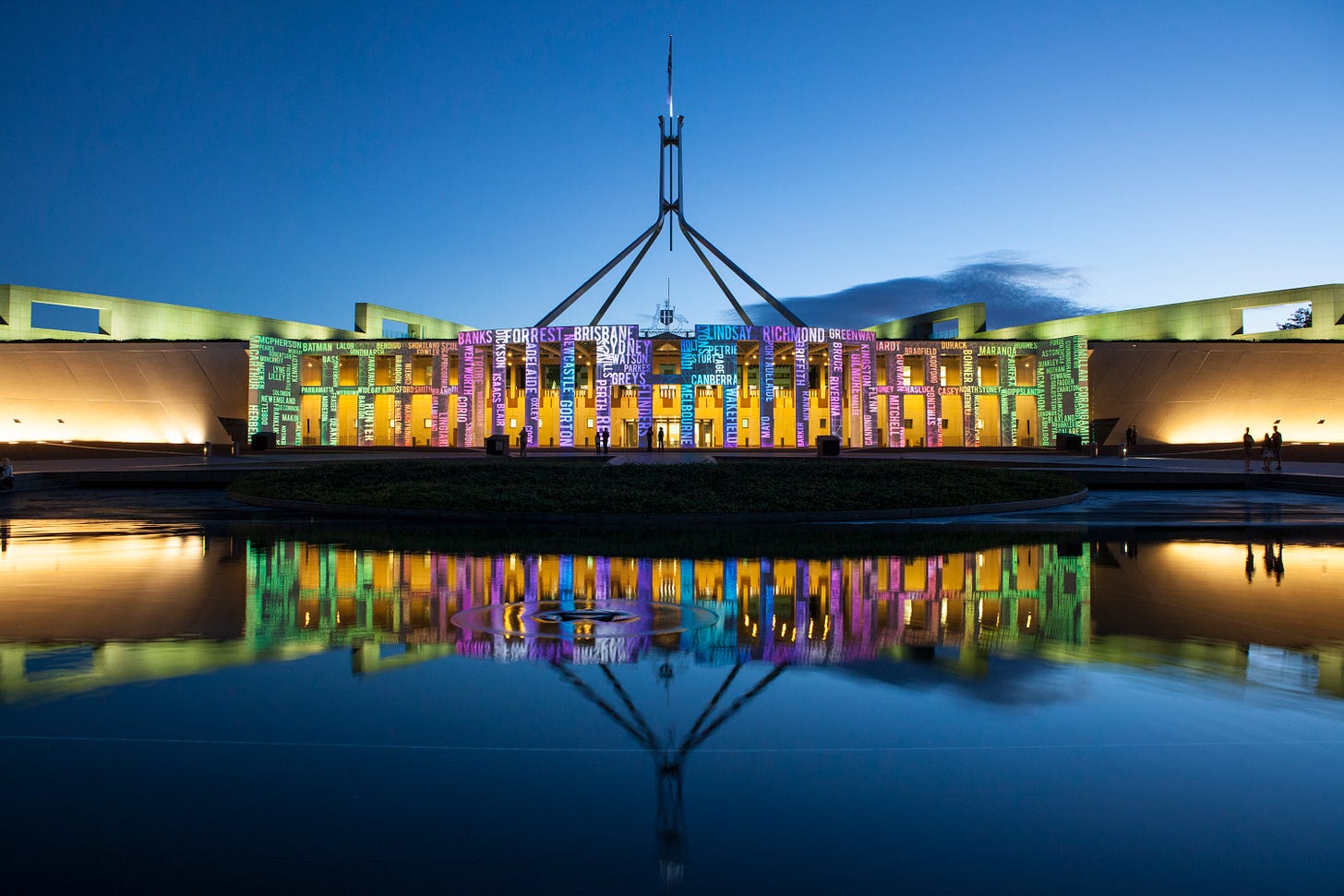More Scrutiny, No More Trust: Why Ministerial Honesty Remains Stubbornly Unchanged
Australia has never had more tools to scrutinise its politicians. Since John Howard introduced the Ministerial Code of Conduct in 1996 we’ve added anti-corruption bodies like ICAC and IBAC, and the media cycle now runs around the clock. More oversight was expected to lead to better behaviour and higher public trust, but it hasn’t happened.
The Ministerial Code of Conduct was meant to set a clear standard for integrity in public office. ICAC and IBAC were established to investigate and expose misconduct. The media, with its constant coverage and social media amplification, ensures that even minor missteps are made public within hours. Yet, despite these layers of oversight, the standard of honesty in politics hasn’t improved in any meaningful way.
Take the cases of Barry O’Farrell and Gladys Berejiklian. Both were brought down by ICAC investigations, but neither led to a broader cultural shift in political honesty. Daniel Andrews’ government faced repeated accusations of misleading the public, from the reasons for the COVID curfew to the handling of hotel quarantine. The response from the political class was to manage the fallout, not lift their standards.
Change won’t come from Canberra or from another round of integrity commissions.
If anything, public trust in politicians is as low as ever. Surveys consistently show that Australians view their politicians with scepticism. The proliferation of oversight bodies and constant media attention have not made the public more confident that their leaders are telling the truth. Instead, the focus has shifted to damage control and media management.
The 24-hour news cycle, rather than acting as a deterrent, has made it easier for politicians to ride out scandals. Issues that would once have ended a career now fade from view as the news moves on. The electorate, bombarded with so many stories of misconduct, has become desensitised.
The Westminster system, which underpins our political culture, is based on the principle of ministerial responsibility. Ministers are supposed to resign when they fail to meet the standards expected of them. In practice, this principle has become little more than a historical relic. The rules are invoked selectively, and the consequences for dishonesty are inconsistent. More rules and more oversight have not changed the fundamental incentives in politics. The party machines are focused on winning elections, not on upholding integrity. Scandals are treated as PR problems to be managed, not as failures that require genuine accountability.
The problem is not a lack of scrutiny, but a lack of consequences. The institutions are in place, but they only work if the public is prepared to demand better. As I’ve argued before, the culture in Australia tends toward government playing a role in every sphere of life, and that includes setting the tone for what is tolerated in public office. But cultural change doesn’t come from new rules or more commissions. It comes from the electorate refusing to accept dishonesty as business as usual.
The answer is not more oversight, but more engagement from the public. Real accountability starts with voters who are willing to pay attention, to question the stories they are told, and to vote out those who fail to meet basic standards of honesty. This is not a call for cynicism, but for active citizenship.
Plato is recorded as saying “one of the penalties of refusing to participate in politics is that you end up being governed by lesser men.” In our case, and I’m sure in Plato’s Athens, lesser means men (and women) willing to lie, cheat and steal to capture and maintain power. The only remedy to that is better men and women offering themselves up to serve.
The 24-hour news cycle, rather than acting as a deterrent, has made it easier for politicians to ride out scandals.
Fortunately, the political class is not entirely lacking in courage, honesty, and integrity. The way Victorian Liberal, Mrs Moira Deeming MLC, has conducted herself since 2022 under the most trying of circumstances is commendable. Unfortunately, her party machine appears intent on destroying her political career. All that can save her from being ousted at preselection will be the rank-and-file membership rising in her defence. I’m not a member of that party but as a bystander, I will be watching it unfold as a microcosm of a much broader issue in the Australian political landscape.
If Australians want a better standard from their leaders, they must demand it themselves. The responsibility for raising the bar lies not just with the political class, but with all of us. Change won’t come from Canberra or from another round of integrity commissions. It will come when ordinary citizens step up - by joining political parties, holding their representatives to account, and refusing to accept dishonesty as the cost of doing business in public life. If you’re frustrated by the state of our politics, don’t wait for someone else to fix it. Get involved, challenge your local MP, and make it clear that integrity is not optional.




